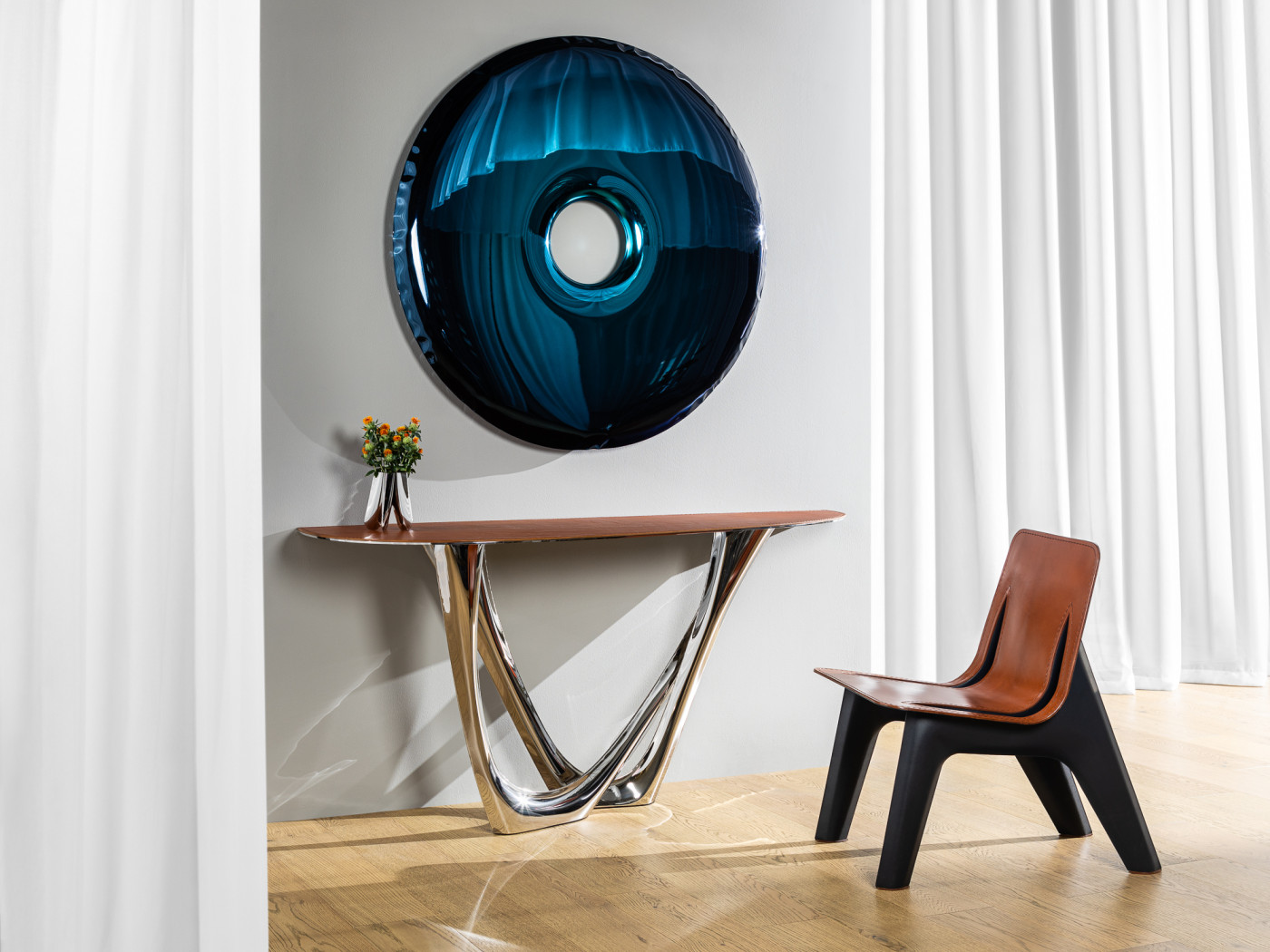
The GENERATIONS exhibition is a narrative about the utility potential of generative design. A juxtaposition of functional objects with the exploration of their material possibilities. The main area of Oskar Zięta's search is steel, but his original FiDU technology is also used in the case of other metals, such as aluminum or copper.
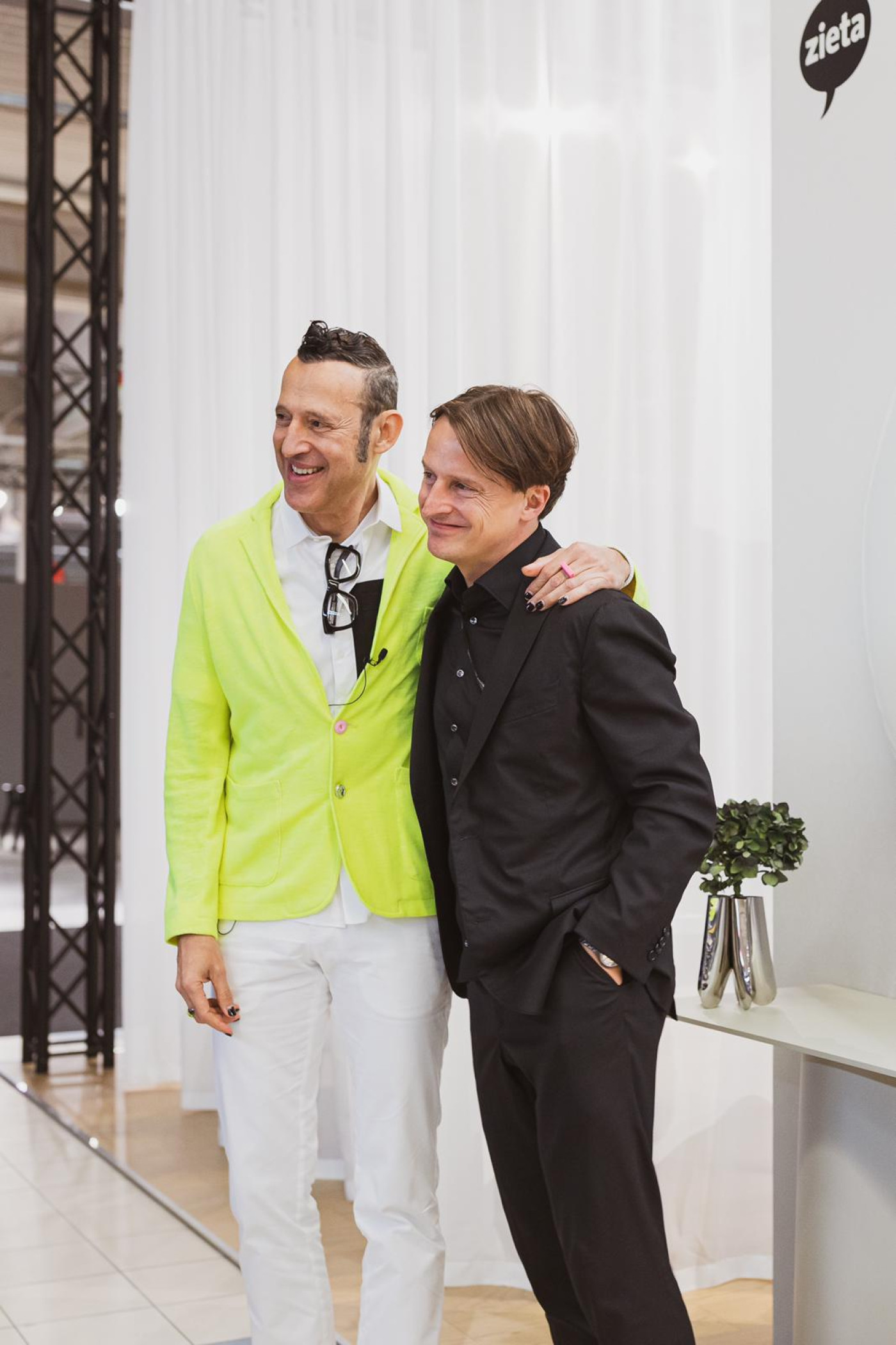
The essence of design is fueled by its parametric dimension. The implemented process automation and the use of new, generative technologies maximize the material and human potential. When a concept sketched on paper comes to its final form, it is translated into the language of computer programs. Modification of already virtual parameters is carried out using curves, which then a dedicated algorithm prepares for prototype 3D prints. This is the moment of assessing the stability, appearance and functionality of the designed forms. The final effect are objects that are the result of a partnership compromise between the project team and the freedom of material deformation - a process called by Oskar Zieta controlled loss of control.
Most of Zięta's objects are so-called "circular products" - monomaterial, durable and fully renewable. They did not become such in the era of popularizing the idea of circular economy or the UN Sustainable Development Goals, they were them from the very beginning of the search in the area of production optimization. FiDU technology allows you to reduce the amount of material used, energy consumption, but also to limit the virtual space. Designing flat objects that take on a 3D form only in the process of deformation with internal pressure, greatly reduces data consumption. The standard 2.5D model of the PLOPP stool consumes 16kB of memory, and an identical design developed in a three-dimensional model would need as much as 142 GB. FiDU is also a constant optimization of the lightweight index, i.e. the ratio of the mass of objects to their strength - the best example of which is the ULTRALEGGERA family of objects.
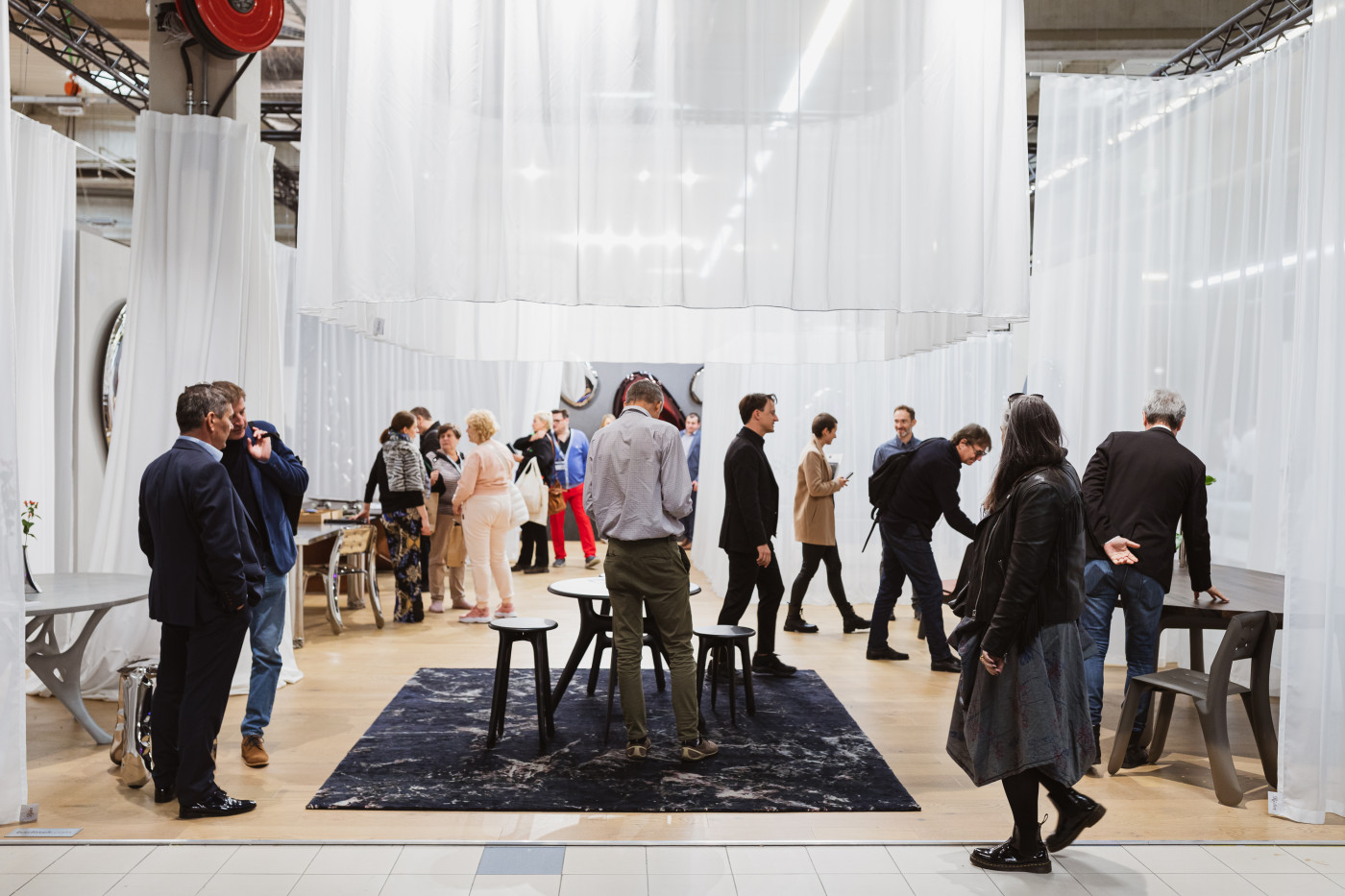
Design is the prism of the interdisciplinary nature of Zieta Studio - art, bionics and technology. This is a point on the matrix of creativity, not its complete definition. The works presented at Warsaw Home are the result of many years of studies on the properties of metal and the use of new technologies in design. These sensual objects-sculptures are present at the Pompidou Center in Paris or Pinakothek der Moderne in Munich and awarded with world-renowned awards such as the Red Dot Award, Product Design 2021 or the MATERIALICA Design + Technology Award.
This year, in Warsaw, we will see a unique constellation of 47 sheets of polished stainless steel, the surfaces of which are a mirror showcase of Oskar Zięta. There will be premieres of MORPH, LAGOM or CRYSTALS tables in the Corten version. There will be plenty of space for sitting objects - from the iconic PLOPP, through the world-famous ULTRALEGGER chair, or the dialogue between metal and leather, inspired by architecture, conducted by J-CHAIR. This year's presence at Warsaw Home is also a story about coloring, the effects of which are presented on the unique surfaces of Zieta Studio mirrors. And finally, a series of interior accessories - LEYKI, SNOPEK or decorative KAMYKI. Unique objects ready to be implemented in public or private space.
GENERATIONS is a multi-threaded story by Oskar Zięta about materials, processes and technology. About responsible consumption and production. About how the process of processing and forming metal has evolved over the millennia and about its future potential. And how today the concept of monomaterial and durability is the solution needed today and a full-blown concern for future generations.
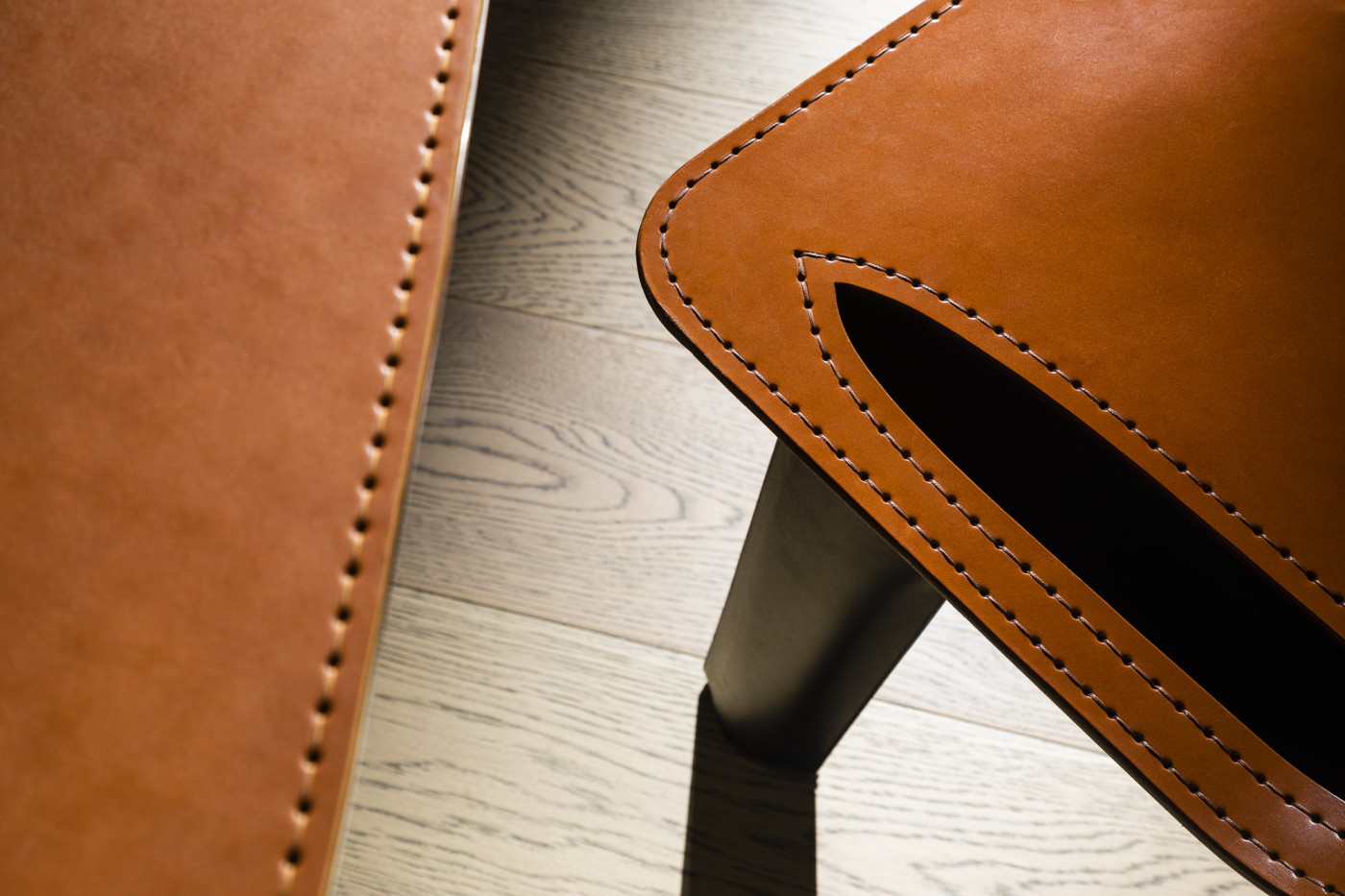
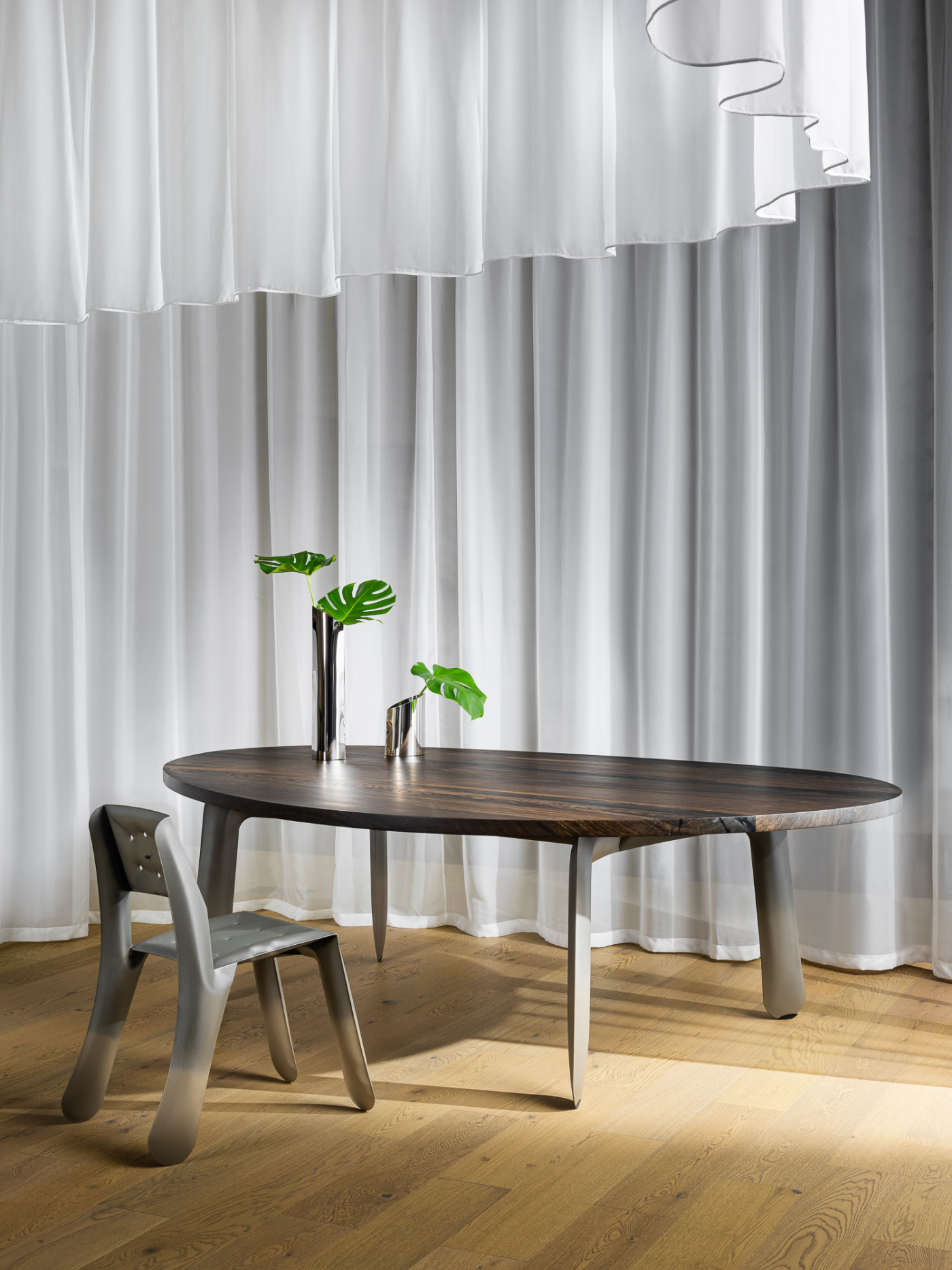
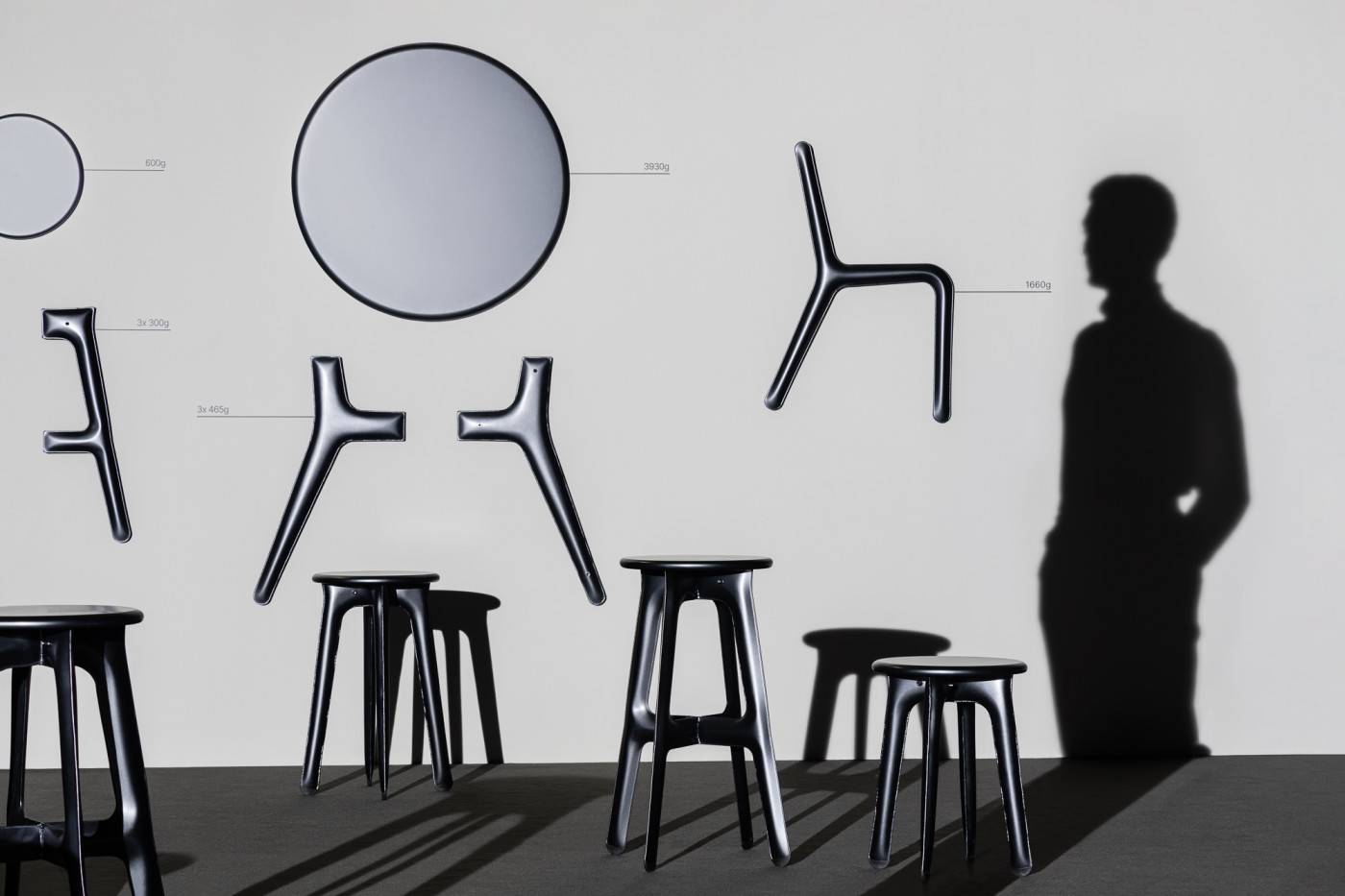
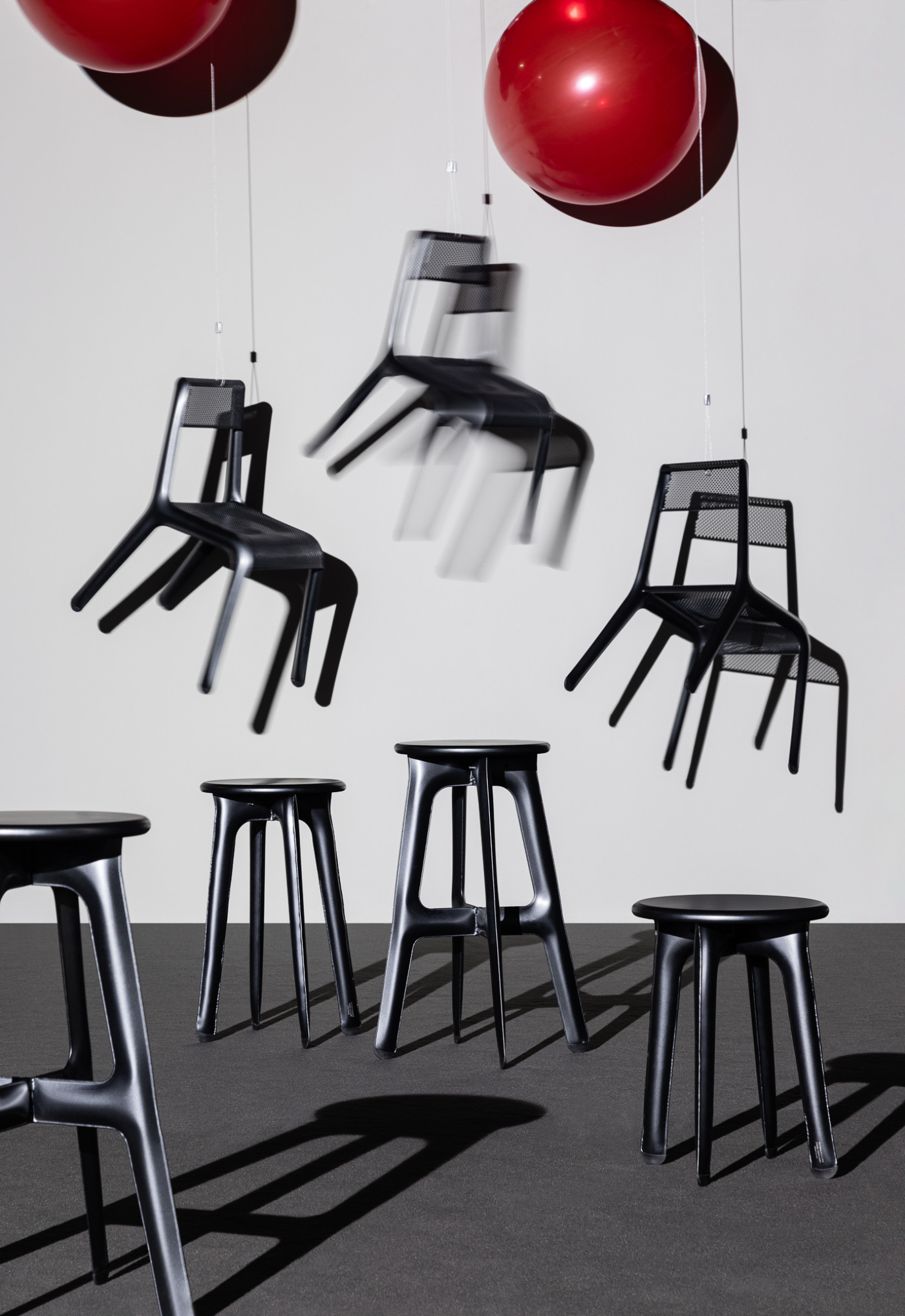
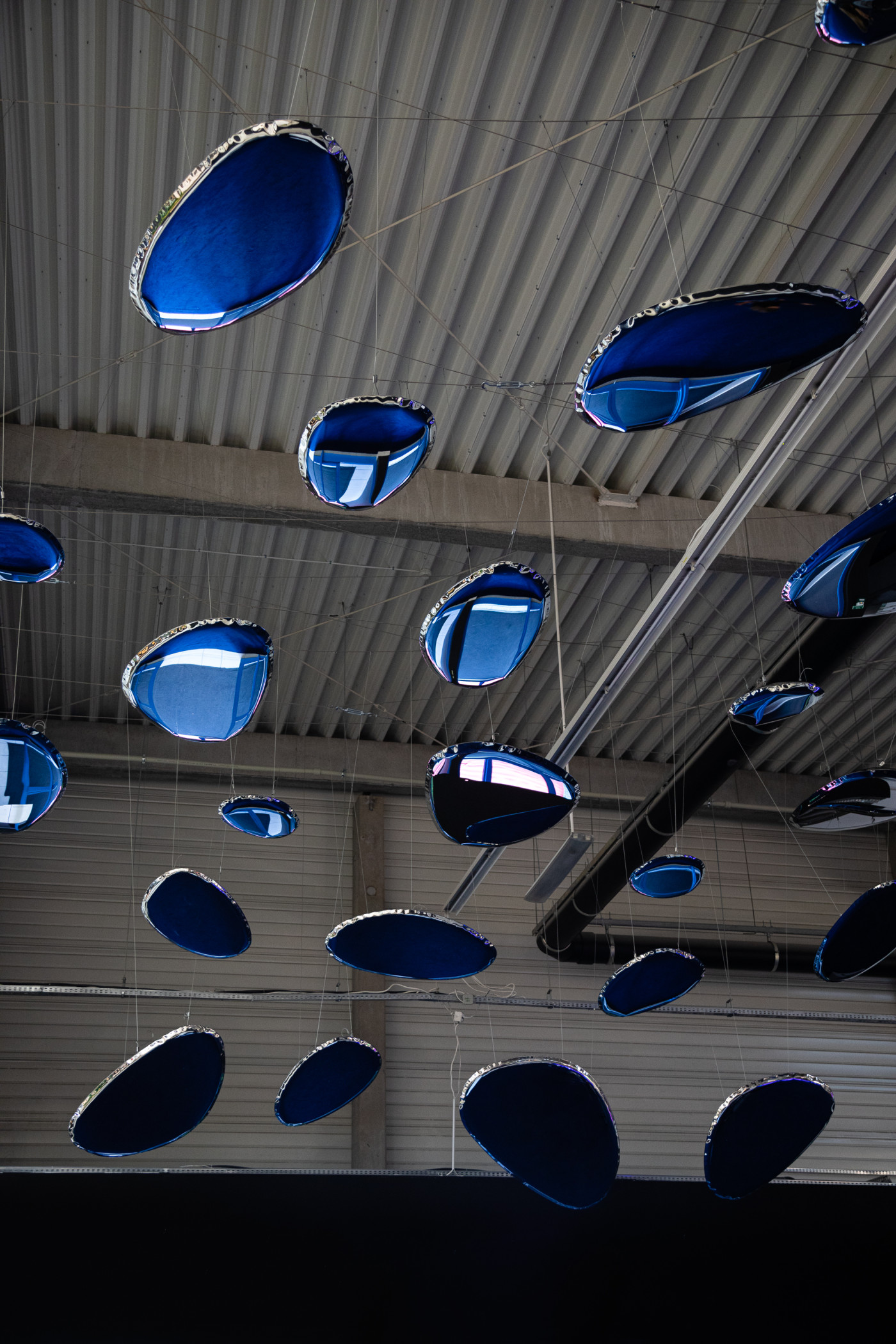
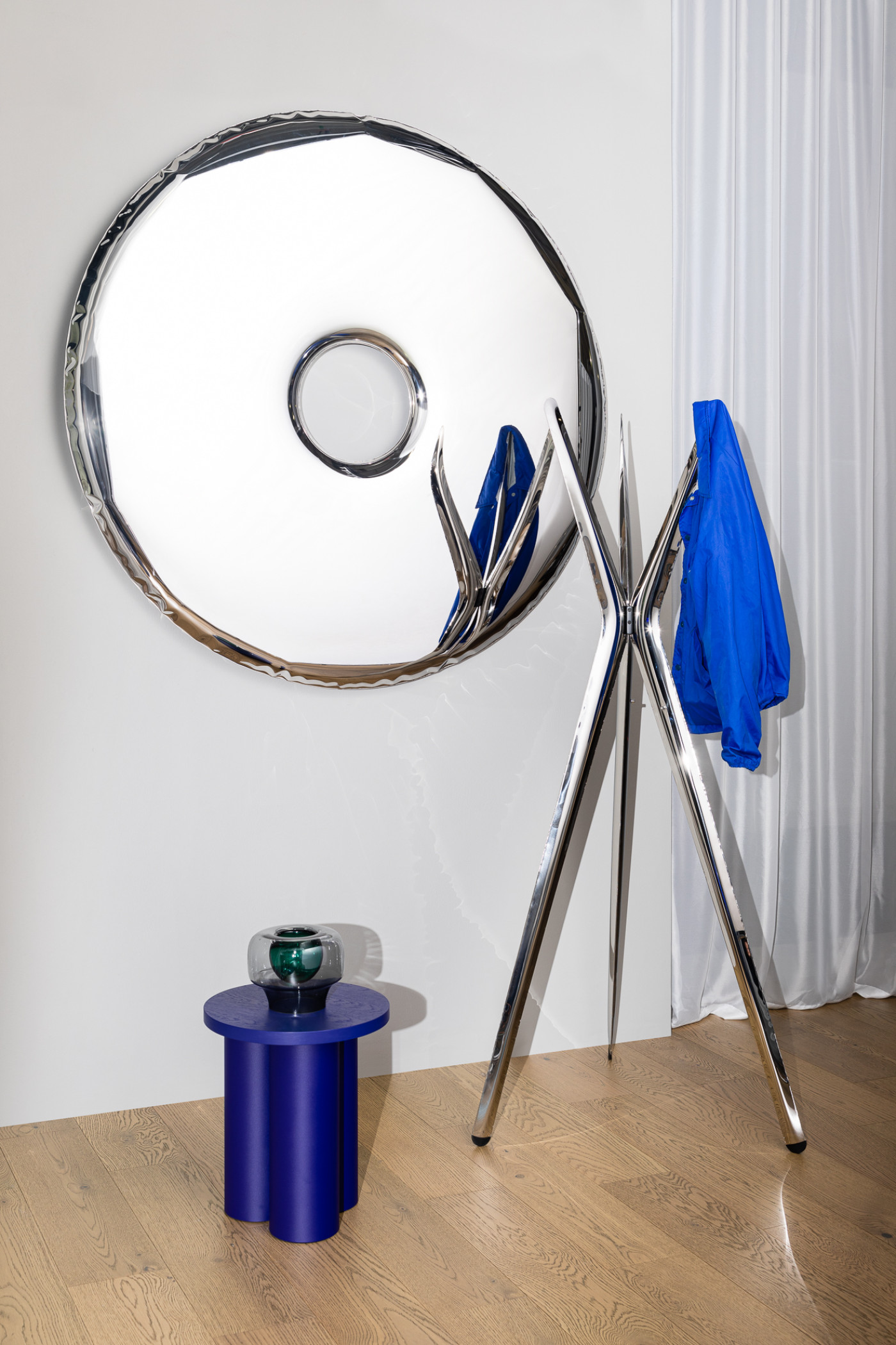
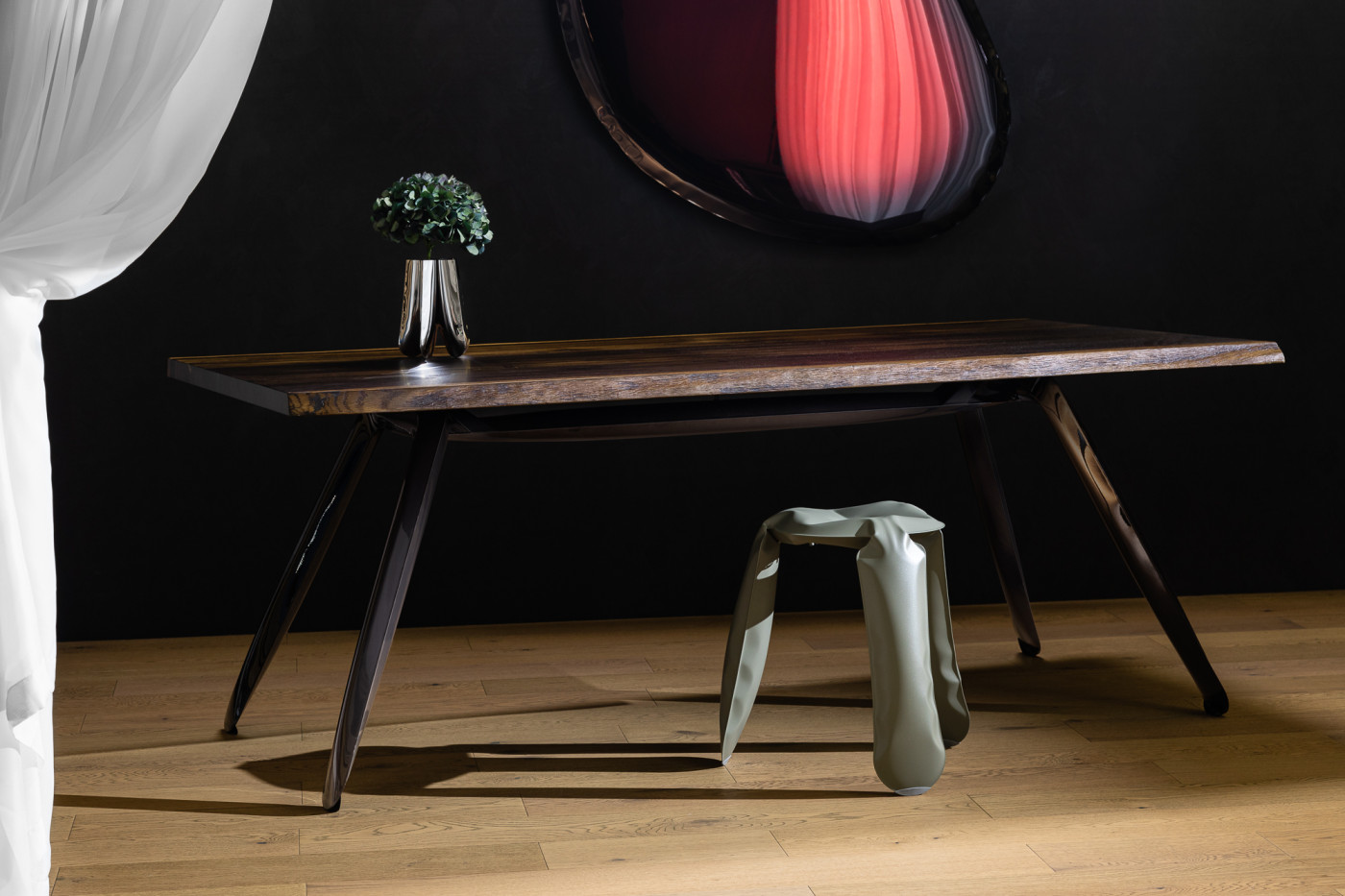
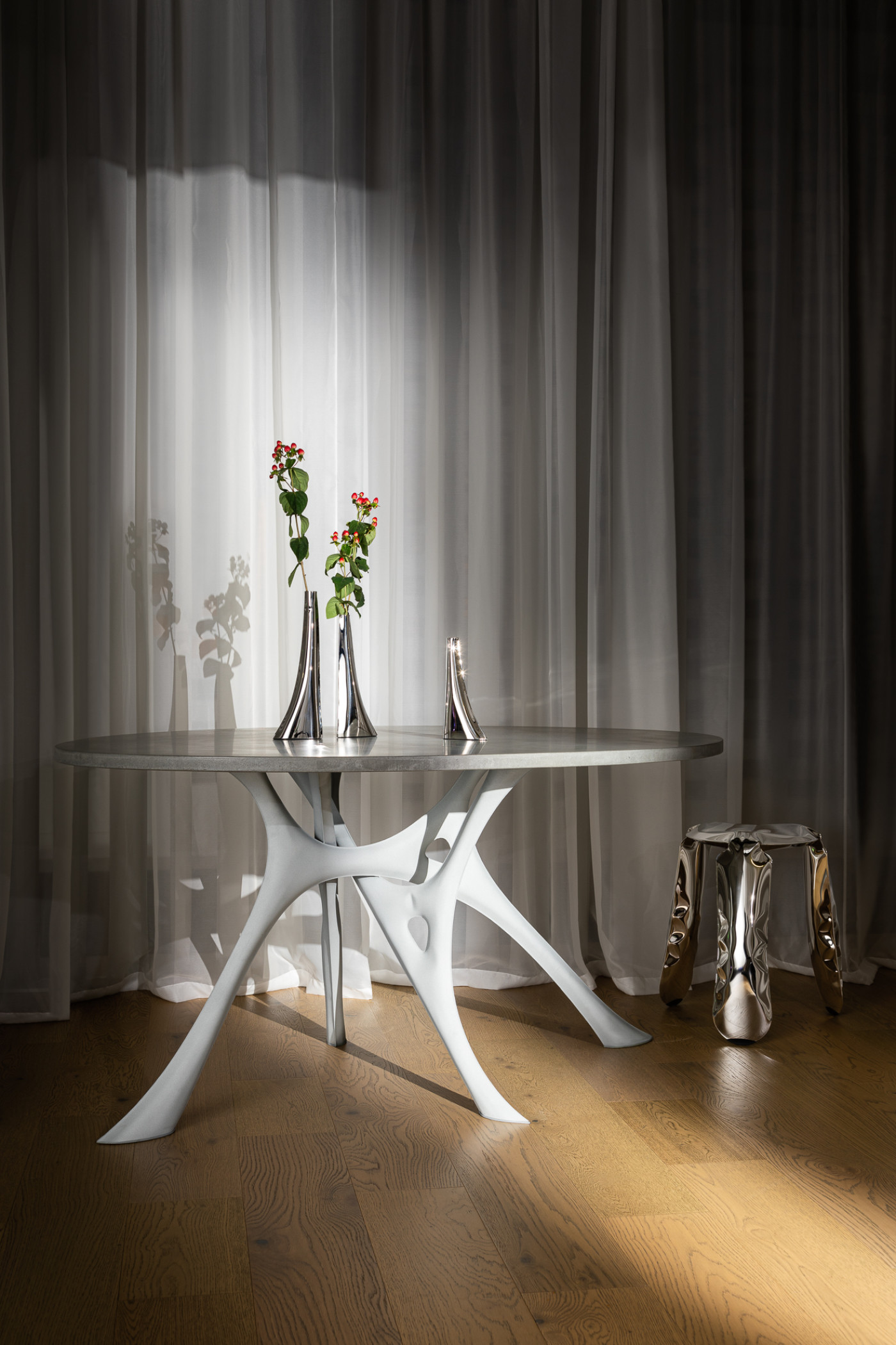
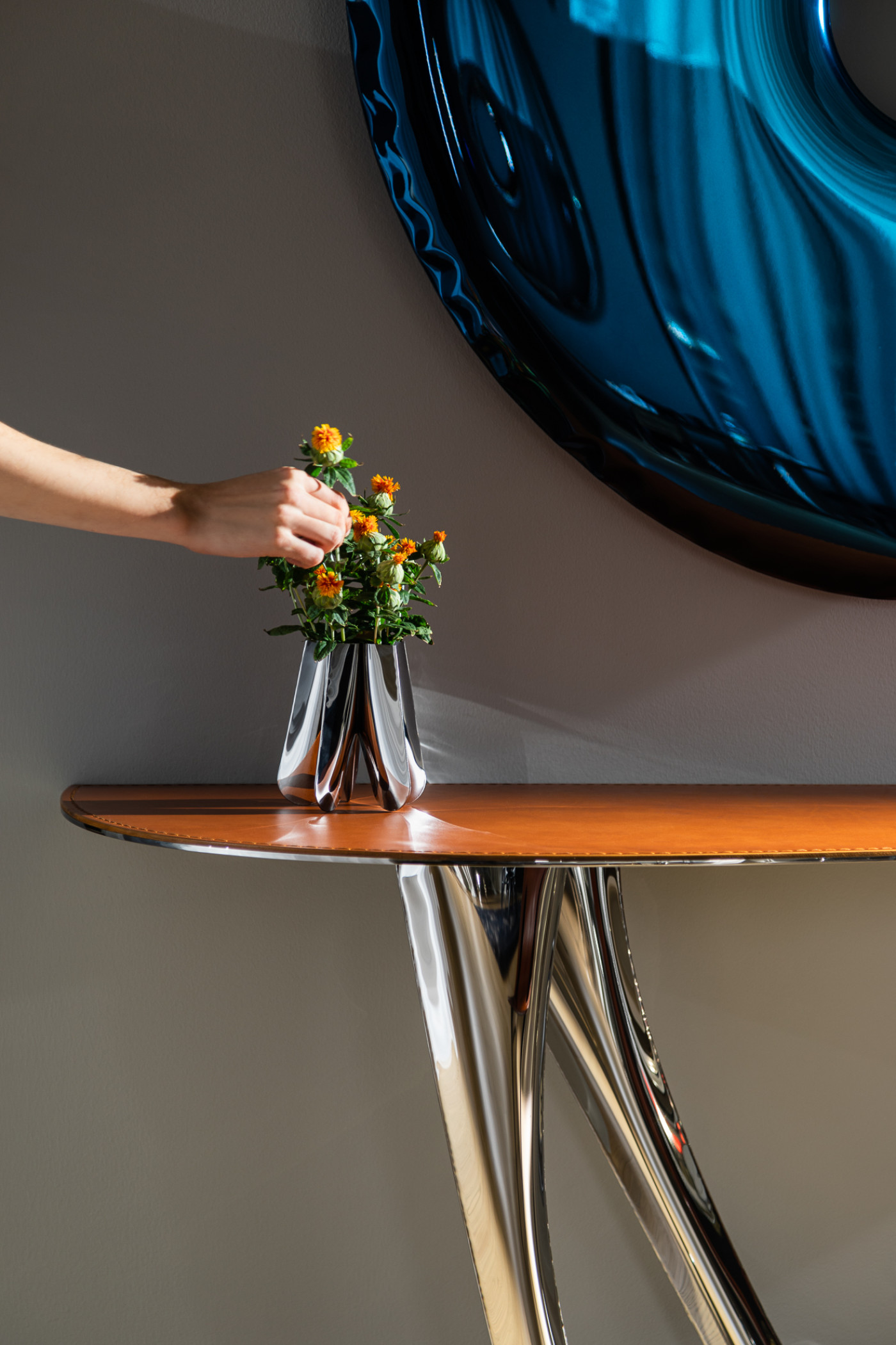



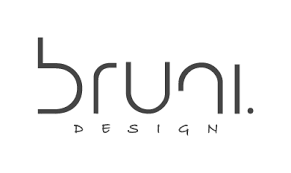
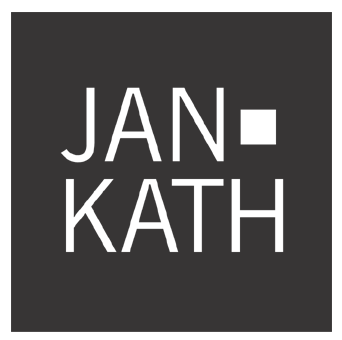
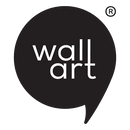
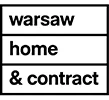
.jpg)


